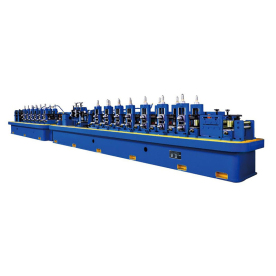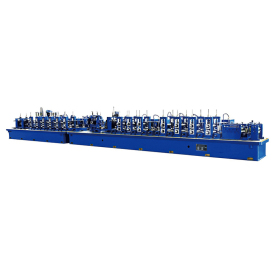[Industrial-Grade HSS Blade]Understanding the Benefits and Applications of Industrial-Grade HSS Blade for Precision Cutting in Manufacturing and Metalworking Industries
News 2024-7-31
Introduction
In the world of manufacturing and metalworking, the tools we choose play a crucial role in the success and efficiency of our operations. Among the myriad of tools available, industrial-grade saw blades have been pivotal for any precision cutting task. Of these, the industrial-grade HSS (High-Speed Steel) blade stands out for its unique blend of durability, heat resistance, and versatility. This article will explore the features, benefits, and various applications of industrial-grade HSS blades, illustrating why they are the go-to choice for professionals in numerous trades.
What is HSS?
High-Speed Steel, or HSS, is a type of tool steel that is specifically designed to withstand high temperatures while maintaining its hardness and edge retention. Unlike traditional steel, which can lose its temper and become dull under high heat conditions, HSS can operate effectively with less risk of thermal damage. This quality makes HSS blades particularly effective for cutting through tough materials, earning them a respected place in various industrial settings.
Advantages of Industrial-Grade HSS Blade
1. **Superior Hardness and Sharpness**
Industrial-grade HSS blades are manufactured to achieve optimal hardness, enabling them to cut through tougher materials with precision. The manufacturing process often involves heat treatment, which enhances the steel’s microstructure, resulting in a blade that retains its sharpness over extended use. This hardness equates to longer intervals between sharpening and reduced downtime in operations.
2. **Thermal Resistance**
One of the most significant advantages of HSS blades is their ability to withstand high levels of heat without sacrificing performance. In high-speed applications, the friction generated can be extreme; however, HSS maintains excellent edge quality. The heat-resistant nature means less wear and tear, ultimately translating into increased lifespan for the tool, reduced operational costs, and higher productivity.
3. **Versatility**
Industrial-grade HSS blades excel in various cutting applications ranging from metalworking to woodworking. Their capability to operate on different kinds of materials—be it aluminum, brass, or various types of steel—makes them a universal solution for manufacturers. Additionally, they can be designed for different cutting styles, ensuring that they meet the specific requirements of varying tasks.
4. **Cost-Effectiveness**
Investing in high-quality industrial-grade HSS blades pays off in the long run. Although they may come with a higher initial cost compared to other materials, their durability and longevity mean they require less frequent replacements. This cost-effectiveness in terms of both maintenance and efficiency make them a savvy choice for any production operation.
5. **Enhanced Cutting Performance**
HSS blades are known for delivering clean and precise cuts, which is essential in maintaining product quality, especially in industries like aerospace and automotive. The ability to achieve smooth finishes reduces the need for extensive secondary processing, saving time, labor, and resources.

Understanding the Benefits and Applications of Industrial-Grade HSS Blade for Precision Cutting in Manufacturing and Metalworking Industries
1. **Metal Cutting**
In the metalworking industry, HSS blades are ubiquitous for tasks such as sawing, cutting, and shaping various metals. Their robust design allows them to tackle both ferrous and non-ferrous materials, making them indispensable for manufacturers that deal with metal products.
2. **Woodworking**
While HSS is predominantly recognized for its strengths in metalworking, it is also effective in woodworking applications, especially when finer cuts are required. These blades can efficiently cut through hardwoods, softwoods, and composite materials, providing high-quality finishes to carpentry and joinery projects.

Understanding the Benefits and Applications of Industrial-Grade HSS Blade for Precision Cutting in Manufacturing and Metalworking Industries

Understanding the Benefits and Applications of Industrial-Grade HSS Blade for Precision Cutting in Manufacturing and Metalworking Industries
HSS blades are increasingly being used in cutting hard plastics and composites, catering to the needs of industries involved in making products across automotive, aerospace, and consumer goods sectors. Their ability to cut through these materials without significant deformation is a game changer.
Conclusion
Industrial-grade HSS blades are a crucial component in the manufacturing and metalworking industries. Their unique properties, including superior hardness, thermal resistance, and versatility, make them the preferred choice for professionals seeking high efficiency and precision in their cutting tasks. Understanding the advantages and appropriate applications of HSS blades can lead to better operational strategies, enhancing overall productivity and product quality in any industrial setting. As technology continues to advance, investing in high-quality tools like HSS blades will undeniably remain an essential aspect of successful manufacturing practices.
